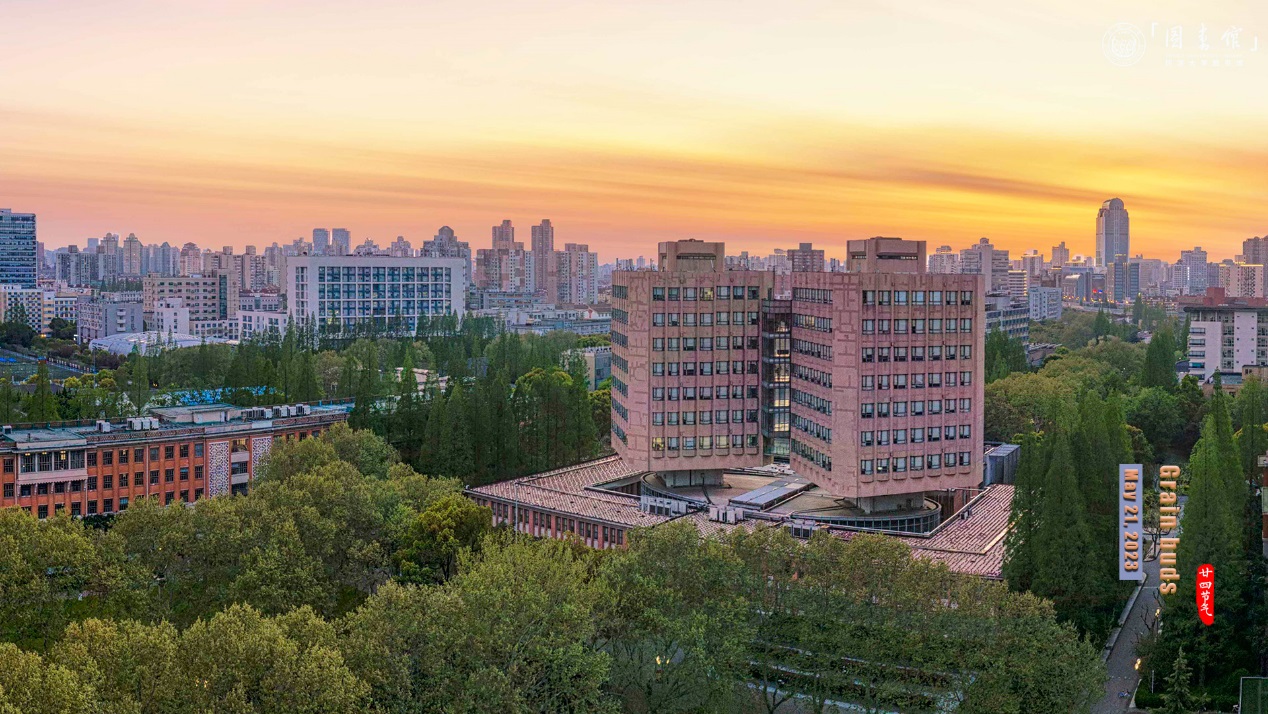News
| Telling Chinese stories and Spreading Chinese cultures The Twenty-Four Solar Term—Grain buds |
| Time:2023-05-21 |
|
Grain buds, the second solar term in summer. Summer is approaching, the temperature is rising, and the precipitation is increasing. The sky is clear and blue, flowers are blooming, everything is brimful. The wheats smell good but are not mature. That’s why ‘Grain buds’ got this name. Customs during the Grain buds eating potherb Eating potherb is a custom during the Grain buds. The sow thistle is one of the oldest of them which was eaten by people. The spring wind blows, the sow thistle grows, and then the wasteland becomes the granary.
The cold fried pastry During the Grain buds, there is a custom of eating cold fried pastry. The wheat of April is ground into powder. People cook it and and eat it with sugar, after cooling it. This is called the cold fried pastry.The pastry smells good and tastes sweet, and it is soft but with a bit of chew.
The Silkworm Festival The new silk will come into market when the Grain buds comes. And both of the silkworm farmers and the silk merchants are expecting the day of harvest. To pray for having a good harvest, people hold the Silkworm Festival in the fourth lunar month in order to sacrifice the God of Silkworm. Besides, people also have the custom activities of gaming and drawing the silkworm. The pictures posted are selected from wonderful photos of beautiful scenery on campus. We can feel the beauty of the Twenty-Four Solar Term in our school as well as know about the customs. The copyright belongs to the Publicity Department of our university.
references: https://article.xuexi.cn/articles/index.html?art_id=3939677486188177634&item_id=3939677486188177634&study_style_id=feeds_default&t=1621969201047&showmenu=false&ref_read_id=2d4b99fc-4b50-464e-9f7e-6c35ea2dbe36_1678964637815&pid=&ptype=-1&source=share&share_to=copylink https://mp.weixin.qq.com/s/TI4mmwTLiAVFSN8Bsjw9AA Words: Li Xinhong Photos: Yang Yi Translation: Gu Yi |

